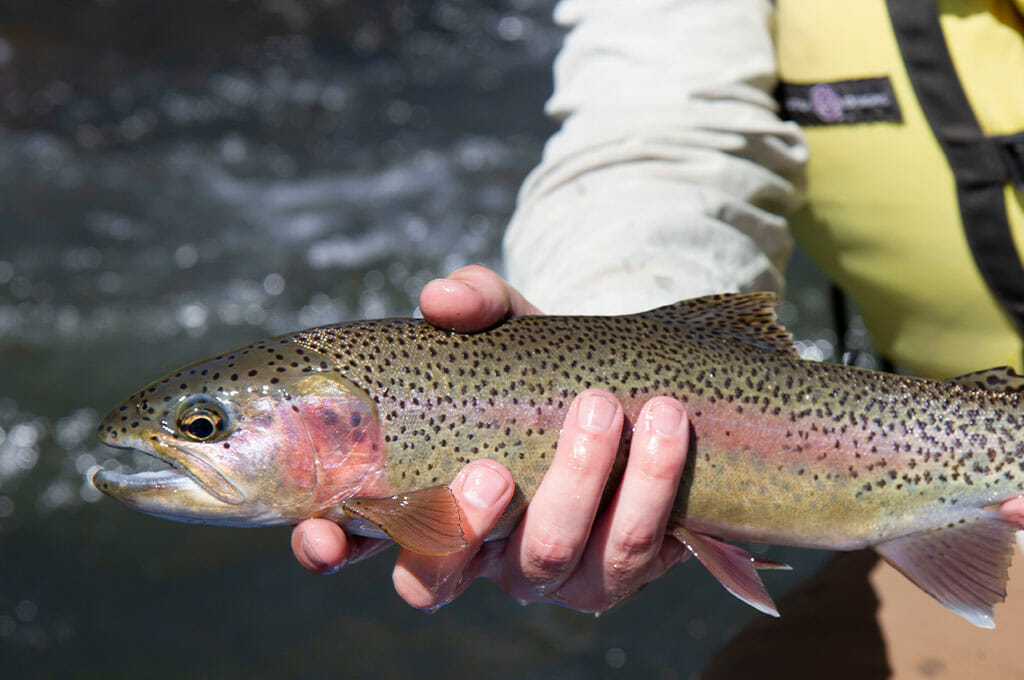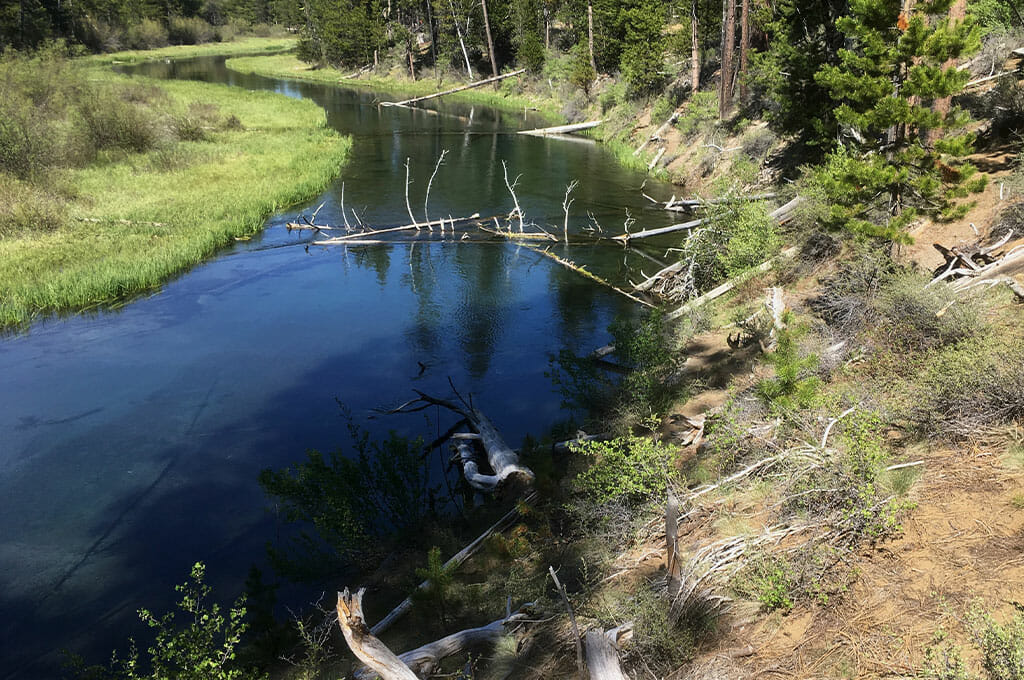
In the Pacific Northwest, native fish are highly sensitive to water quality and temperature. They require cold, clean water for all life stages, and their health is an indicator of overall river health. Meeting water quality standards goes beyond the recovery and protection of native fish however, as it is essential to human health, reliability of food supplies, and economic vitality for this region. Despite extensive state and federal regulations, Oregon has made limited to no progress in the last 20 years to improve water quality conditions in areas with a heavy agriculture footprint, but TU is changing this by introducing innovative policy solutions and new technical approaches to clean ag water returns before they reach our rivers.
TU is uniquely poised in Oregon to address water quality challenges because we have long-standing and trusted partnerships with the private landowners and agricultural communities, essential partners in creating durable solutions. Improvement also requires collaboration with state regulatory agencies and the legislature to remedy the substantial gaps in current implementation of, and funding for, water quality programs. We are partnering with these agencies to make major revisions to Agricultural Water Quality Management Plans and change how Department of Agriculture regulators achieve compliance with riparian management rules and reducing polluted tailwater inputs to our rivers. But at the same time that we work on regulation, we are also partnering landowners to assure that adequate grant funding and technical support is made available to support infrastructure improvements on ranch and farm land so that undue financial burden does not fall on family farmers. With this multifaceted approach, and a bit of tenacity, we will be able to achieve clean water standards across our state.


